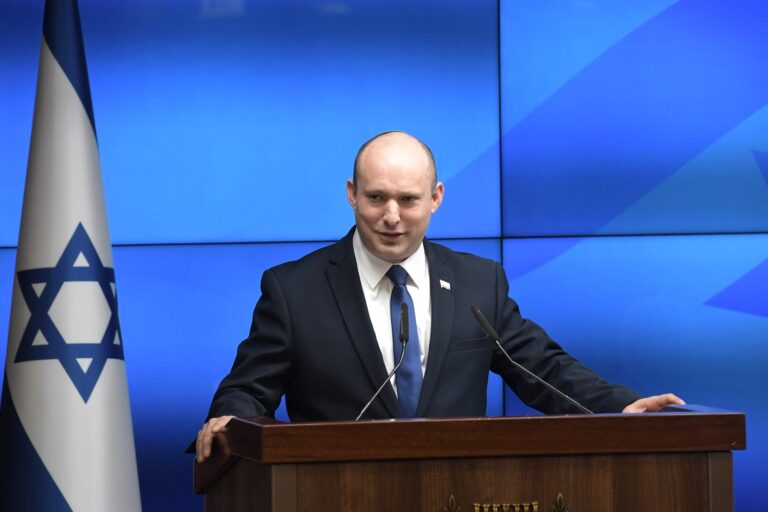A U.S. judge is set to hear arguments Tuesday over President Donald Trump’s attempt to move his criminal case in New York out of the state court, where he was indicted, to a federal court where he could potentially try to get the case dismissed.
Judge Alvin K. Hellerstein will listen to the afternoon arguments, though he isn’t expected to immediately rule.
Trump’s lawyers sought to move the case to Manhattan federal court soon after Trump pleaded not guilty in April to charges that he falsified his company’s business records to hide hush money payouts aimed at burying allegations of extramarital encounters.
While requests to move criminal cases from state to federal court are rarely granted, the prosecution of Trump is unprecedented.
The Republican’s lawyers say the charges, while related to his private company’s records, involve things he did while he was president. U.S. law allows criminal prosecutions to be removed from state court if they involve actions taken by federal government officials as part of their official duties.
Trump is alleged to have falsified records to cover up payments made in 2017 to his former personal lawyer, Michael Cohen, to compensate him for orchestrating payouts in 2016 to two women.
Trump’s lawyers have said those payments to Cohen were legitimate legal expenses and not part of any cover-up.
The Manhattan district attorney’s office, which brought the case, has argued that nothing about the payoffs to either Cohen or the women involved Trump’s official duties as president.
If a judge agrees to move the case to federal court, Trump’s lawyers could then try to get the case dismissed on the grounds that federal officials are immune from criminal prosecution over actions they take as part of their official job duties.
Moving the case to federal court would also mean that jurors would potentially be drawn not only from Manhattan, where Trump is wildly unpopular, but also a handful of suburban counties north of the city where he has more political support.
In state court, a criminal trial was set for March 25 in the thick of the primary season before next year’s November presidential election.
Manhattan District Attorney Alvin Bragg pursued the case after Trump left office. He is the first former president ever charged with a crime.
(AP)












2 Responses
It is “black letter law” that the state and federal criminal justice systems are separate (that is why you can be acquitted in one and convicted in the other for the same offense). If you want to argue the state is violating the federal constitution, the remedy is to appeal to the United States Supreme Court, after the state courts are done with the matter.
However given the new use of “lawfare” (prosecuting people for political purposes, in order to crush the opposition party), one wonders if one can sue the local prosecutors under 42 U.S.C. § 1983 for using the state criminal justice system to deprive the opposition of its civil rights through dubious prosecutions being used to deny the opposition party free speech. Unlike many other countries, use of the criminal justice system to harass political enemies has been largely unknown in the United States until very recently, especially against the major political parties.
If twelve Democrat Trump haters are seated on a NYC jury, why even bother with a jury? Neither is a trial by judge viable, since he/she is probably an uber-leftist New Yorker.